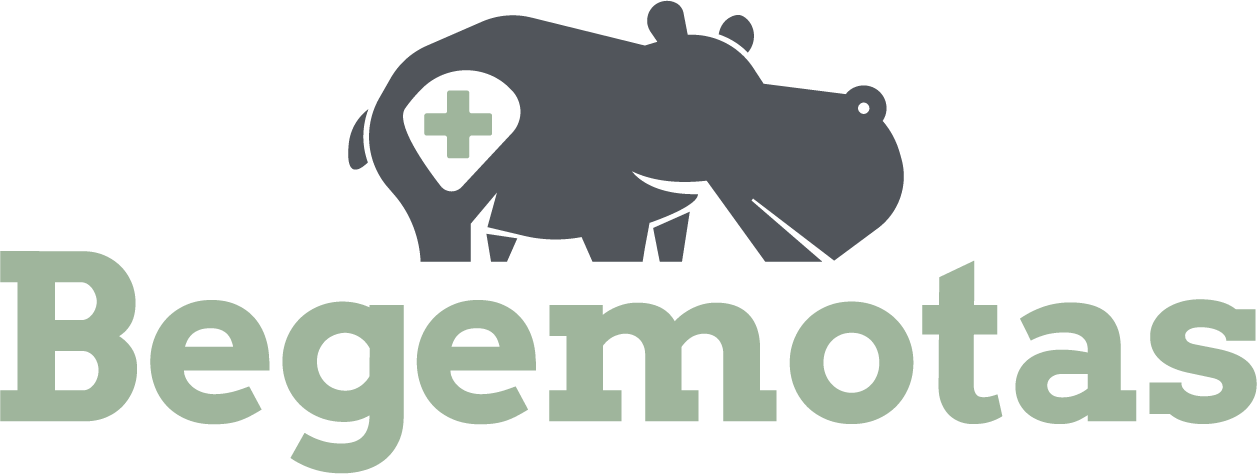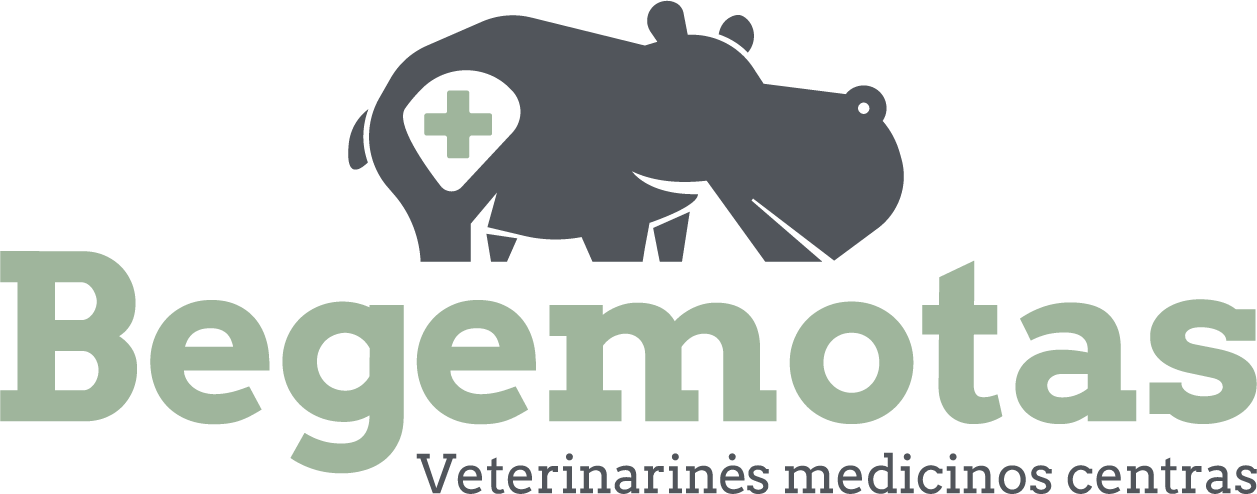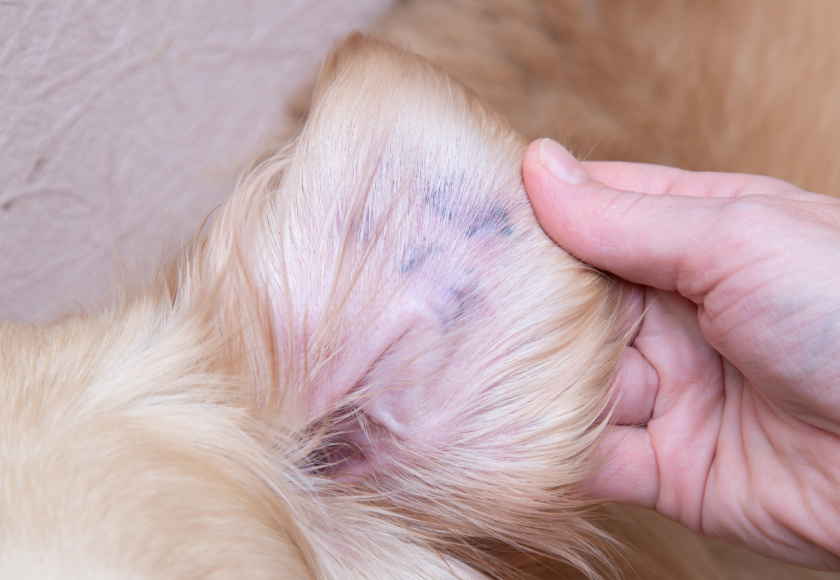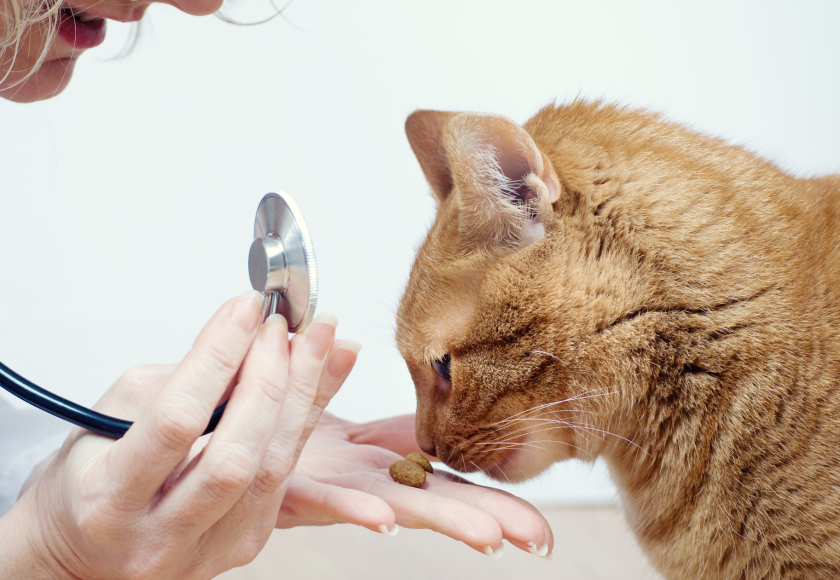The most reliable way to ensure a high-quality and happy life for your dog is to vaccinate it. All dogs must be taken outside at least twice a day, where they come into contact with other animals, their excrement, and wild animals, which increases the risk of contracting various infectious diseases. Vaccinating dogs reduces these risks.
Table of contents
Why are dog vaccinations necessary?
When a vaccinated dog’s body encounters a wild pathogen, it will already have protection against it, i.e., immunity. It is very important to vaccinate your pet, as vaccination prevents diseases that could cause serious health problems or even death if left unvaccinated.
Vaccines are also very important if you plan to travel abroad with your dog. Some dog vaccinations are mandatory under the laws of those countries.
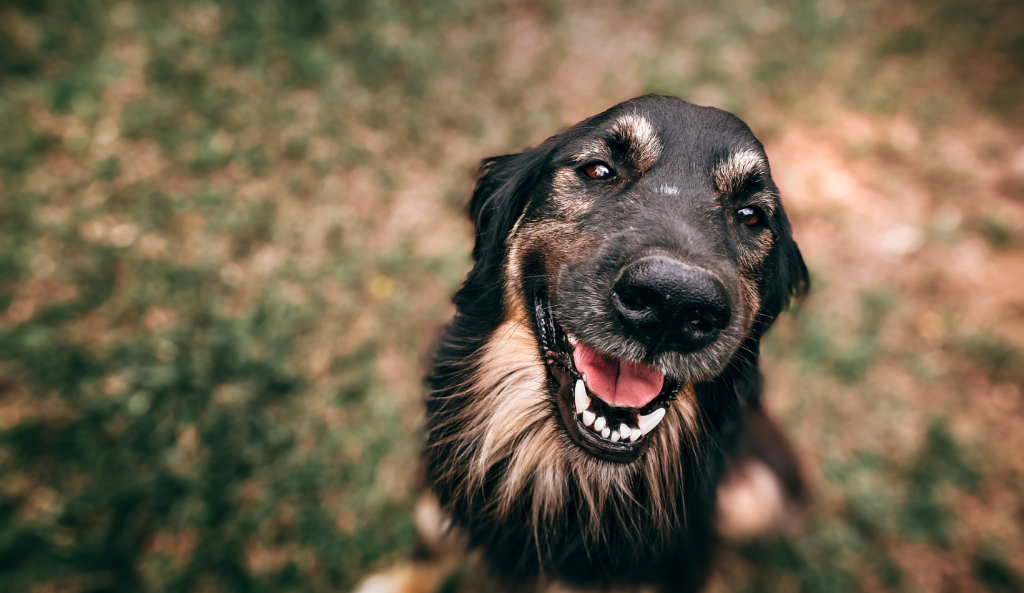
What diseases do dog vaccines protect against?
The main diseases against which dogs can be vaccinated are: canine distemper, viral hepatitis, parainfluenza, leptospirosis, parvovirus, and rabies.
According to the laws of the Republic of Lithuania, rabies vaccinations for dogs are mandatory, as in all European Union countries.
Distemper and parvovirus are the most dangerous diseases for unvaccinated young puppies. Vaccinations against distemper and parvovirus are highly recommended by our veterinary clinic specialists.
How to prepare for dog vaccination?
The two most important actions:
- Ten calendar days before the scheduled vaccinations, it is necessary to give the dog an antihelminthic tablet according to its weight.
- Make an appointment with a veterinarian.
When should dogs be vaccinated?
Puppies are vaccinated according to different schedules based on the manufacturer’s recommendations. Most often, young puppies are vaccinated at 6-12 weeks and revaccinated annually. Dogs older than 2 years can be revaccinated against rabies (and only against rabies) every 3 years, if so indicated by the vaccine manufacturer in its information leaflet.
The specialists at the Begemotas Veterinary Medical Center will be happy to advise you on the best vaccination plan.
Vaccination schedule for dogs
- At 6 weeks of age, puppies are usually vaccinated against parvovirus and canine distemper.
- At 8 weeks of age, puppies are vaccinated against five viral diseases: canine distemper, viral hepatitis, parainfluenza, leptospirosis, and parvovirus.
- At 12 weeks of age, puppies are revaccinated against five viral diseases and rabies.
After this course of vaccinations, puppies are vaccinated annually to build up the strongest possible immunity to these infectious dog diseases.
How is dog vaccination carried out?
All dog vaccinations are preventive. The purpose of preventive vaccines is to activate the natural defense mechanisms of the immune system against the pathogen without causing the disease. Dog vaccinations are performed by injecting a small amount of inactive viruses and/or bacteria into the dog’s body, which triggers a natural immune response to the disease.

Dog vaccination certificate. What is it?
A dog vaccination certificate is a booklet issued by a veterinarian who has performed the vaccination. It is issued when the pet receives its first vaccination. For the vaccination certificate to be valid, it must contain all the information about the dog and its owner, as well as the dog’s microchip number.
The dog vaccination certificate indicates the date of vaccination and the time when the dog needs to be revaccinated, the vaccine information leaflet from the bottle is attached, and the veterinarian’s stamp and signature are affixed.
A vaccination certificate is not sufficient for traveling with a dog. When traveling, all information about vaccinations must be entered in the dog’s passport. The dog passport is prepared according to a form approved by the European Union and is necessary for traveling within European Union countries.
Rabies vaccination
Rabies vaccinations for dogs are a necessary measure to ensure the health of both animals and humans. Rabies is a deadly disease that can infect both animals and humans, so vaccination against this disease is essential.
In Lithuania, rabies vaccinations are mandatory under current legislation. These laws aim to protect the public from this dangerous disease by reducing the risk of infection.
Regular vaccination of dogs can build immunity, which not only protects animals but also reduces the spread of rabies in the wild.
In addition, rabies vaccinations are a prerequisite for transporting dogs abroad, so this is also important for traveling owners. According to specialists at the Begemotas Veterinary Clinic, rabies vaccines are an essential step in ensuring the safety and health of both animals and humans.
The cost of dog vaccinations
The price of dog vaccinations depends on the composition of the vaccine, which determines which diseases your dog will be protected against. Please contact our friendly team for more information about dog vaccinations.
At the Begemotas Veterinary Medical Center, our veterinarians will provide you with all the necessary information about dog vaccinations, possible side effects, and the necessary steps to protect your puppy from infectious diseases and ensure your pet’s happiness and health. The Begemotas Veterinary Clinic will ensure that your pet is carefully examined and vaccinated, and that you leave the clinic happy and satisfied.
